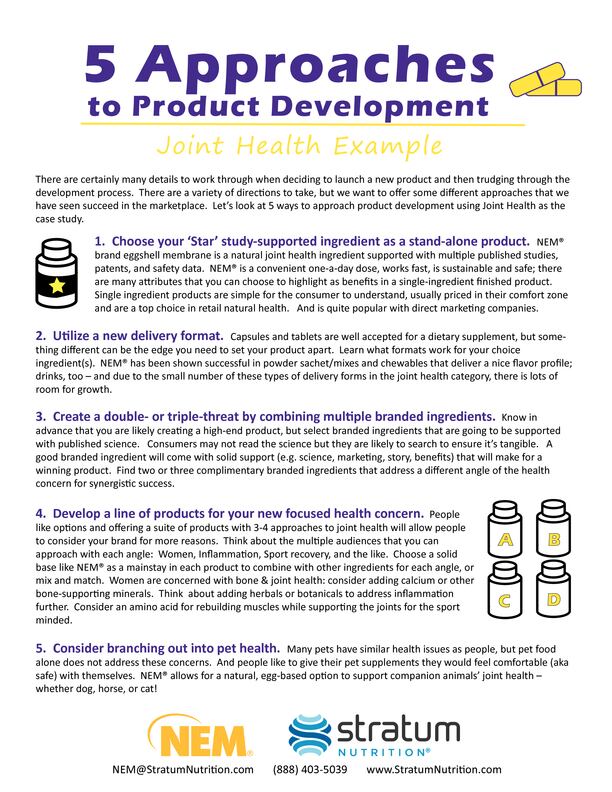There is no doubt that omega fatty acids are crucial for maintaining optimal health. They are vital cell membrane components, play important roles in regulating both acute and chronic inflammation and help regulate blood pressure and lipid levels. Two of the omega fatty acids, the omega-3, alpha-linolenic acid (ALA) and the omega 6, linoleic acid (LA) are essential. Our bodies can’t make them, and they must be consumed through the diet. Ideally we would consume food sources of LA and ALA in a ratio of 1:1 to 4:1 (LA:ALA), which should facilitate the conversion to the longer chain polyunsaturated fatty acids (PUFAs) in the right balance to maintain health. But, unfortunately, there is a lot that can go wrong in the body’s own production of PUFAs, and the Western diet has shifted the ratio of LA to ALA from 1:1 to anywhere from 10:1 to 30:1 by some estimates, with significant consequences to health. With this knowledge, the desire for omega-3 supplementation arose.
As detailed in Paul Greenberg’s book The Omega Principle, (2019), the need for supplemental long-chain omega-3s eicosapentaenoic acid (EPA) and docosahexaenoic acid (DHA) has been driven for decades by marine omega-3 fish oil producers. Since the only dietary sources for these two endpoints of omega-3 fatty acid metabolism are marine sources, such as fatty fish and krill, the supplement market was open to the introduction of fish oil products promoting their content of EPA and DHA. Targeted research followed, concentrating on the benefits of EPA and DHA and sponsored by the same companies promoting fish oil products. Popularity of these products increased dramatically as did the negative impact on the marine environment. The limited source also ruled out supplementation by vegans and many vegetarians. The introduction of microalgae as a source for EPA and DHA provided a vegetarian option and the use of algae offset some of the potential harm to the oceans.
More recently, the attention has centered in on the benefits of DHA. This very long-chain PUFA is produced at the very end of fatty acid metabolism from ALA and its conversion from ALA can be slow and minimal. That is not necessarily a problem. Growing research indicates that DHA is not as “vital” an omega-3 as it has been touted, at least not for most reasonably healthy adults. It is even possible that too much DHA in the bloodstream can be a problem, offsetting anti-inflammatory benefits of intermediate omega-3s and 6s. For example, DHA inhibits the key enzyme, delta-6-desaturase, that is necessary to begin the metabolism of both LA and ALA. At low DHA levels, this would not be problematic and might even be beneficial as this limited inhibition helps keep excess LA in the diet from metabolizing too quickly into arachidonic acid (AA), an omega-6 that is integral to a healthy inflammatory process but at high levels is implicated in chronic inflammatory conditions. At elevated DHA intake, not only would ALA metabolism slow down, so would LA’s conversion to gamma-linolenic acid (GLA) and its subsequent metabolism to dihomo gamma-linolenic acid (DGLA), a powerful anti-inflammatory omega-6.
Emerging health science shows that consuming the right balance of biologically advanced plant-based omegas, including the intermediates stearidonic acid (SDA) and GLA supports the body’s overall healthy inflammatory response – a key driver of a person’s immunity, mobility, cognitive performance, skin health and cardiovascular fitness. For adults, it’s not all about taking in high levels of DHA at the expense of a balance of essential and intermediate plant-based omegas.
The natural products industry needs to proactively develop and promote dietary ingredients with regenerative environmental and eco-social impacts. Regenerative plant-based options need to be supported and formulated alongside sustainable animal-derived options so that the end-consumer can make better personal and planetary health decisions.








